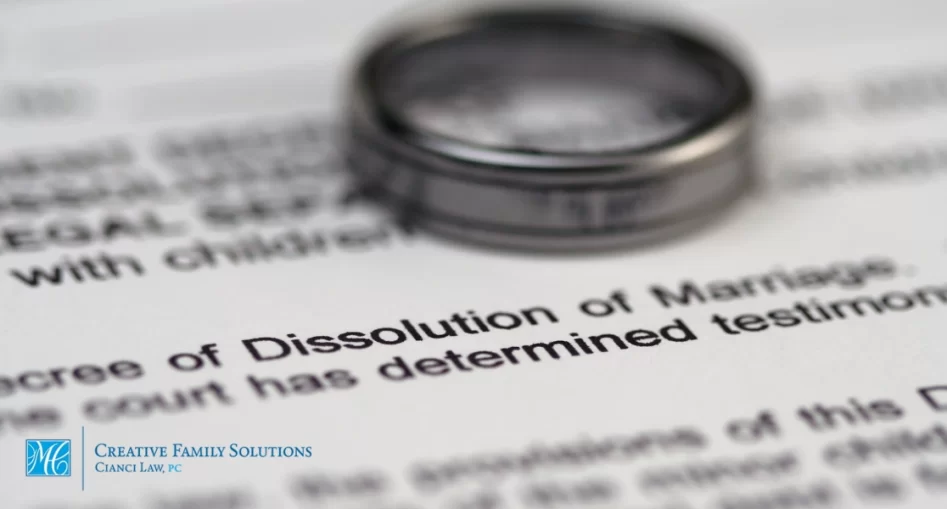
In short, no, divorce records are not confidential but are publicly accessible. The California Rules of Court mandate that all electronic records must be available to the public in some way, unless those records are sealed or confidential.
California Court Rule 8.83 outlines the records that should be accessible only via a local court. Under this rule, divorce, legal separation, annulments, child and spousal support cases, and other family law matters are included among the cases that should be accessible to the public at local courthouses.
How to Find California Divorce Records
To obtain divorce records, a person can contact the court where the divorce took place and where the record was initially filed. A person can contact the court in person, via mail, or on the county website. To access the records, a person should know the full names of the people involved in the divorce, the case number (if possible), and the county where the divorce was filed.
It is important to note that in many cases, divorce records (like birth, death, and marriage records) are primarily used for statistical analysis and data by government and private agencies. In some cases, investigators for the opposing party may look into the records if they suspect you were previously married or have a child.
However, most divorcing parties are worried about people in their lives, such as coworkers, business associates, and friends, knowing the details of their divorce. Yes, they can also try to obtain the records if the records are not sealed.
Ways to Avoid Public Disclosure
If you are worried about people knowing certain aspects of your divorce, you should consider divorce mediation rather than litigation. Mediation sessions are private, and unlike courtroom discussions and information, the only information disclosed from your mediation sessions will be your final divorce settlement.
Can Divorce Records Be Sealed?
Yes. As we have mentioned, sealed records are not publicly accessible. While it is rare for the court to seal divorce records entirely, either party in a divorce can request that the court seal individual documents or your entire case, and that party must provide a reason the records should be sealed.
The reason cannot simply be that either party wishes to avoid embarrassment or wants privacy. You will need to submit facts that “justify the sealing.” A family law attorney can advise you on what justifications may be acceptable to the court.
It is important to note that confidential information is already redacted from the record, so you do not need to worry that your financial account numbers or social security information are accessible. Divorcing couples can also agree to redact information like credit card records, business valuations, and other financial data.
Divorce records can also be unsealed. However, the person requesting to unseal the record must provide a reason that nullifies the reasons the record was initially sealed.
Contact Our Firm for Legal Help
At Creative Family Solutions, Cianci Law, PC, our attorneys are dedicated to helping our clients smoothly navigate their divorce. If you are concerned about your privacy or what information the public has access to, we can discuss mediation, alternative dispute resolution, or other options that may make sense for your case. Backed by over 60 years of legal experience, you can trust our firm with your case.
Contact us online or via phone (916) 797-1575 to schedule a case consultation and discuss your legal options with a member of our team.
Request a Consultation
Fields marked with an * are required


